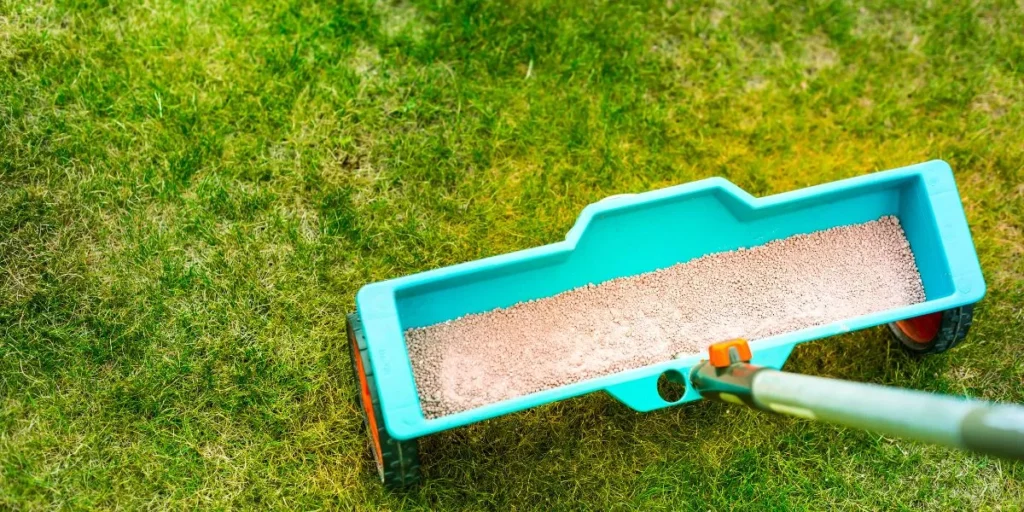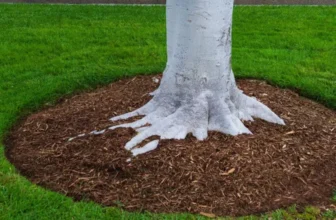
When it comes to achieving a vibrant and eco-friendly yard, organic lawn care methods offer a sustainable solution that benefits both your property and the environment. By incorporating natural fertilizers, weed control techniques, and other organic products into your lawn care routine, you can promote healthier grass growth without the need for harmful chemicals. With a focus on sustainability and long-term benefits, organic lawn care methods provide a greener alternative to traditional practices.
Benefits of Organic Lawn Care
Switching to organic lawn care methods can significantly improve the health and sustainability of your lawn. By avoiding harsh chemicals and synthetic fertilizers, you’re creating a safer environment for your family, pets, and local wildlife. Organic lawn care focuses on building healthy soil, which in turn promotes strong root systems for your grass, making it more resilient to pests, diseases, and drought.
Another benefit of organic lawn care is that it helps reduce water pollution. Traditional lawn care products can leach into groundwater or run off into nearby bodies of water, causing harm to aquatic ecosystems. Organic methods, on the other hand, work in harmony with nature, minimizing these negative impacts.
Furthermore, organic lawn care can save you money in the long run. While organic products may have a slightly higher upfront cost, they contribute to the overall health of your lawn, reducing the need for expensive treatments and constant maintenance. Overall, making the switch to organic lawn care is a decision that benefits not only your own lawn but also the environment as a whole.
Essential Organic Lawn Care Products
To maintain a healthy organic lawn, essential products like organic fertilizers and compost are key components for promoting soil health and nourishing your grass. Organic fertilizers, derived from natural sources such as manure or plant-based materials, provide nutrients to your lawn without the use of synthetic chemicals. These fertilizers release nutrients slowly, feeding your grass over time and improving soil structure.
Compost, another vital product, enriches the soil with organic matter, enhances microbial activity, and aids in moisture retention.
In addition to fertilizers and compost, using organic lawn care products like seaweed extract can stimulate growth, improve stress tolerance, and enhance overall plant health. Beneficial microorganisms in products like microbial inoculants can help break down thatch, improve nutrient uptake, and combat disease-causing pathogens naturally. When selecting organic lawn care products, look for those certified by reputable organizations to ensure their effectiveness and environmental safety.
Natural Weed Control Techniques
Implementing natural weed control techniques is essential for maintaining a healthy organic lawn without relying on synthetic chemicals. One effective method is hand-weeding, where you physically remove weeds by pulling them out from the root. This may require some time and effort, but it’s an environmentally friendly way to tackle weeds.
Mulching is another great technique that not only helps retain moisture in the soil but also suppresses weed growth by blocking sunlight. Using organic mulch like wood chips or straw can smother weeds and enhance the overall health of your lawn.
Additionally, you can make a homemade weed killer by mixing vinegar, salt, and dish soap. This solution can be sprayed directly on weeds to kill them without harming the surrounding plants. Corn gluten meal is a natural pre-emergent herbicide that inhibits weed seed germination without posing risks to your lawn or the environment.
Tips for Maintaining a Healthy Lawn
For a flourishing lawn, proper watering and mowing practices are crucial to maintain its health and appearance. When watering your lawn, aim to provide about 1 inch of water per week, either through rainfall or irrigation. It’s best to water deeply but infrequently to encourage deep root growth and drought resistance. Early mornings are the optimal time for watering, as it reduces evaporation and allows the grass to dry during the day, preventing diseases.
Regular mowing is essential for a healthy lawn. Adjust your mower height to only cut the top third of the grass blades to promote strong root development. It’s recommended to mow your lawn when the grass is dry to prevent clumping and achieve a cleaner cut. Additionally, alternate your mowing pattern each time to prevent soil compaction and ensure even growth.
Garden














